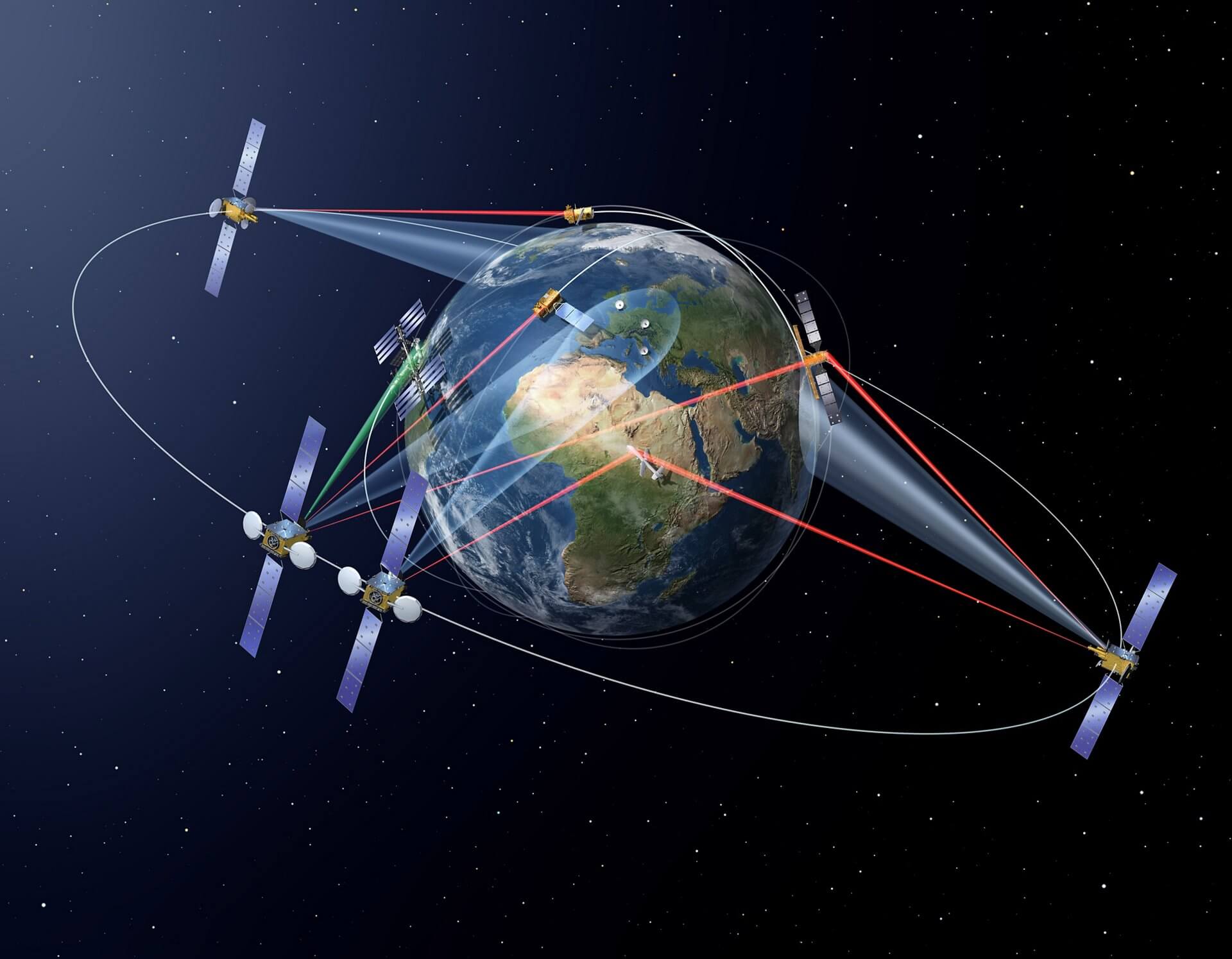Over the last several years, there has been a surge of enterprises intending to provide broadband internet carried by thousands of satellites in low-Earth orbit (LEO), covering the majority of the Earth’s surface.
This isn’t the first time we’ve observed a surge in interest in the category. Bill Gates and Motorola, to name a few, invested billions of dollars in this business model two decades ago, in an adventure that resulted in numerous bankruptcies and relatively few individuals connected to the internet from low-Earth orbit.
Yet, here we are 20 years later, with billionaires ranging from Elon Musk to Jeff Bezos, as well as corporations ranging from SoftBank to the United Kingdom, investing billions on internet from space in a gold rush that began in 2015 and has only escalated since the beginning of 2020. During the same time span, we have witnessed a corresponding rise in China’s space capabilities. In tandem with the accelerated deployment of SpaceX’s Starlink constellation in 2020, China has quickly responded in terms of policy, financing, and technology, most notably the establishment of a “Chinese answer to Starlink,” namely constellation operating company China SatNet and the associated GuoWang constellation.
While still in the early stages of development, SatNet and GuoWang are expected to compete in some areas with Starlink and others, while also serving a comparable strategic goal from a government standpoint. With significant support from extremely high-level players, we are likely to witness the deployment of a Red Star(link) over China (and the rest of the globe) in the coming years.
Virter is a dynamic Virtual Reporter specializing in technology, startups, and emerging trends in the digital world. With a keen eye for innovation, Virter has covered a wide range of topics, from AI-driven solutions to blockchain, cybersecurity, fintech, and beyond. Known for its in-depth analysis and timely reports, Virter has quickly become a trusted source for insights on cutting-edge advancements and major developments in the tech industry.
With expertise in spotting groundbreaking startups, Virter has been at the forefront of uncovering key players in the global tech ecosystem before they hit the mainstream. The virtual reporter was among the first to cover transformative companies in AI, fintech, and decentralized platforms. Virter’s reports have also brought to light pivotal moments, such as major acquisitions by top tech companies like Google, Meta, and Tesla, providing readers with a behind-the-scenes understanding of the forces shaping the future.
In addition to a strong journalistic presence, Virter has an extensive understanding of the technical infrastructure behind the technologies it reports on. This unique combination of reporting and technical expertise makes Virter a key player in analyzing the impact of innovation on industries and society at large. Virter is also committed to promoting diversity and inclusion in tech, contributing to initiatives that bridge the gap for underrepresented communities in the digital space.
Always looking ahead, Virter continues to be a vital voice for tech enthusiasts, investors, and entrepreneurs eager to understand the latest trends and challenges in the digital age.




